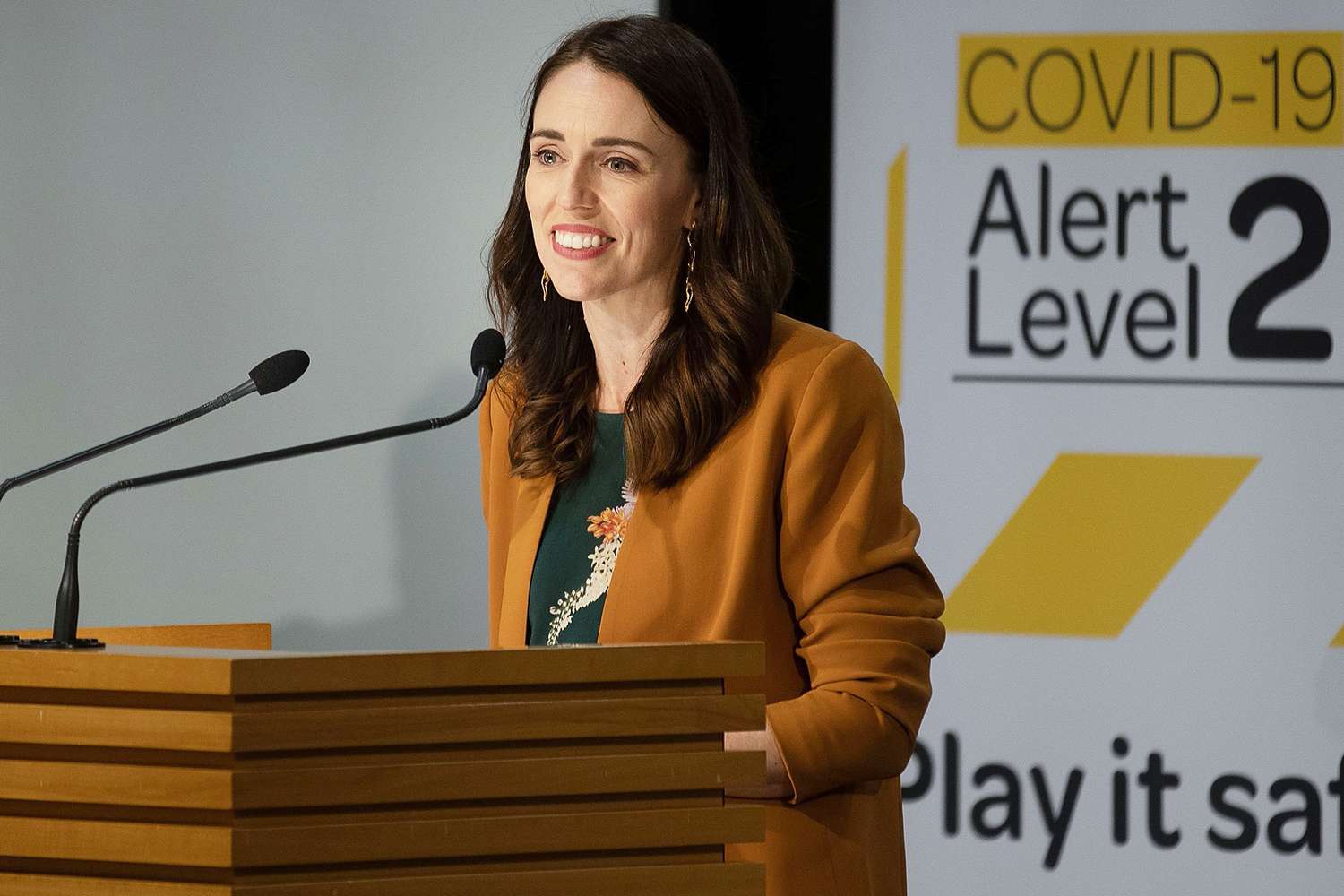
New Zealand is returning to normalcy after eliminating all active coronavirus cases in the country.
Prime Minister Jacinda Ardern has announced that almost all coronavirus restrictions will be lifted at midnight on Tuesday, which will allow schools, workplaces, restaurants, businesses and public transportation to fully reopen. Concerts and sporting events will also be allowed to resume.
Under the “level 1” rules, the country’s international borders will remain closed to non-residents, and New Zealanders will still have to quarantine for two weeks after traveling back into the country.
Residents are also being encouraged to continue following proper hygiene guidelines and to keep track of where they’ve been and who they have seen, in order to assist with rapid contract tracing.
“Today there are no active cases in New Zealand. We have tested almost 40,000 people for COVID-19 in the past 17 days and none have tested positive,” Ardern said at a press conference. “We have had no one in hospital for COVID-19 for 12 days. It’s been 40 days since the last case of community transmission, 22 days since that person finished self-isolation.
“With over 100,000 new cases being reported each day the challenge of COVID remains the same around the globe, and so it remains here. We are not immune to what is happening in the rest of the world,” Ardern continued. “But unlike the rest of the world, not only have we protected New Zealanders' health, we also have a head start on our economic recovery. With 'level one' we become, if not the most open, one of the most open economies in the world.”
Although Ardern feels confident that the country has eliminated COVID-19 transmission in New Zealand for now, she went on to warn that there will likely be new cases in the future.
“That is not a sign that we have failed, it is a reality of this virus. But if and when that occurs we have to make sure, and we are, that we are prepared,” she said. “That’s the reason why our borders remain our first line of defense.”
In a video released after the press conference, Ardern admitted that after she was first told the good news she “did do a little, I don’t know that I could describe it as a dance, some semi-coordinated movement around the lounge.”
As of Monday, New Zealand has had 1,504 confirmed cases of COVID-19 and 22 deaths, according to Johns Hopkins University.
Although the country has benefited from its small population of just under 5 million as well as its remote location, New Zealand was also quick to employ an aggressive strategy at combating the spread of the virus.
The country entered one of the most restrictive lockdowns on March 23, after having just over 100 confirmed cases. In addition to banning international travel, everyone, besides essential workers, had to stay home for four weeks, with the exception of trips to the grocery store or solo exercising.
Just over 10 days later, the country had confirmed 1,210 cases and 1 death, a sign that their measures had been effective.
By the end of April, with their total number of confirmed cases rising to 1,469 with 19 deaths — numbers that remain consistent with current counts — New Zealand's director general of health said they felt confident to have “achieved our goal of elimination.”
As information about the coronavirus pandemic rapidly changes, PEOPLE is committed to providing the most recent data in our coverage. Some of the information in this story may have changed after publication. For the latest on COVID-19, readers are encouraged to use online resources from CDC, WHO, and local public health departments. PEOPLE has partnered with GoFundMe to raise money for the COVID-19 Relief Fund, a GoFundMe.org fundraiser to support everything from frontline responders to families in need, as well as organizations helping communities. For more information or to donate, click here.
Source: Read Full Article